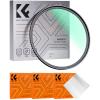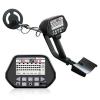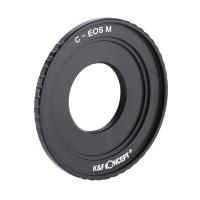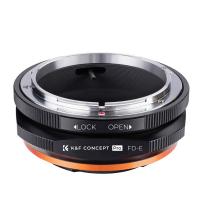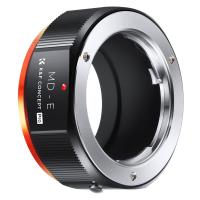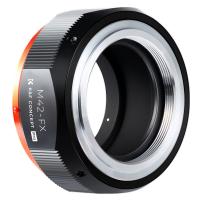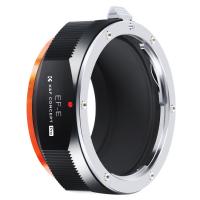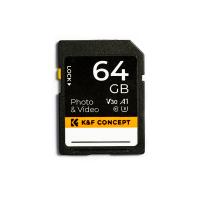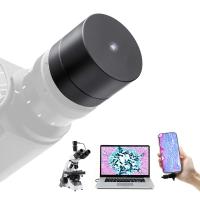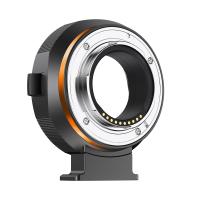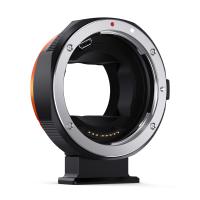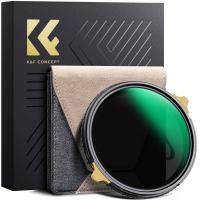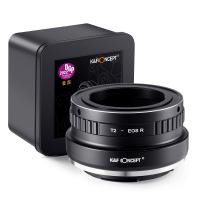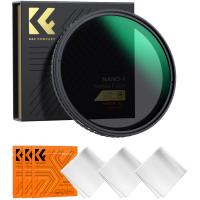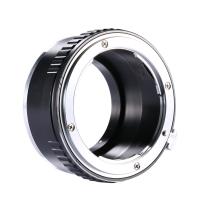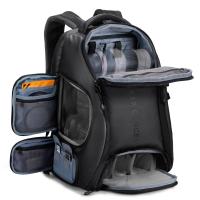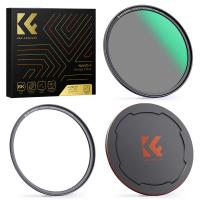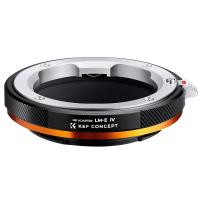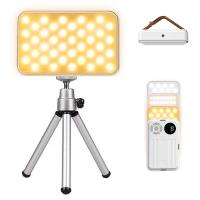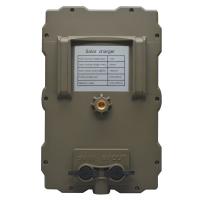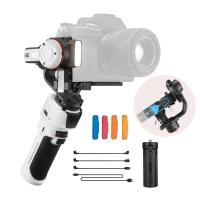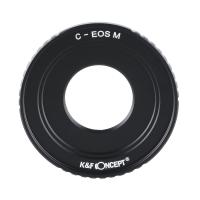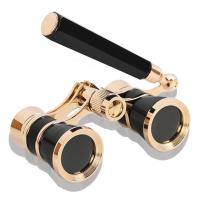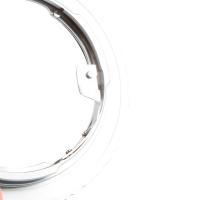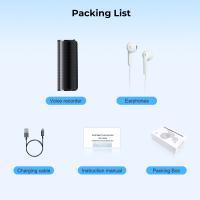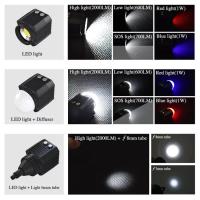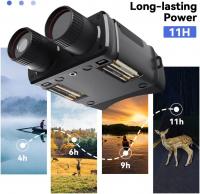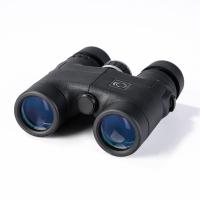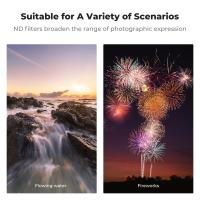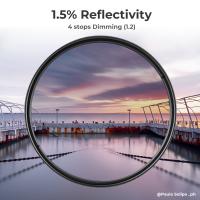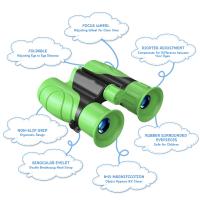Where To Buy Lenses For Cameras?
When it comes to photography, selecting the right lenses for your camera is just as important, if not more so, than choosing the camera body itself. A camera’s lens determines the quality of your images and what kind of photography you can pursue—whether it’s portraits, landscapes, wildlife, or macro photography. However, once you've decided what type of lens you need, the next question is: where can you buy camera lenses? This essential aspect of photography sparks the interest of many users, ranging from beginners to professionals.
Finding the right place to purchase a camera lens depends on a variety of factors, such as the variety of lenses available, reliability, price ranges, return and warranty policies, and customer support. Below, we explore the most reliable and practical avenues for purchasing camera lenses, meet various user demands, and provide tips for making informed decisions.
---
1. Official Websites of Lens and Camera Brands
One of the most reliable places to buy lenses is directly from the official websites of camera manufacturers, such as Canon, Nikon, Sony, Fujifilm, Panasonic, or Sigma. Buying directly from the source ensures authenticity and offers the peace of mind that comes with a full manufacturer’s warranty and top-notch customer support. Moreover, most official sites provide detailed specifications and compatibility details that can help you choose the ideal lens for your camera model.
Advantages:
- Authenticity guaranteed
- Direct access to new products
- Full factory warranty
- Frequent exclusive discounts or bundles
Things to Consider:
- Prices may be slightly higher compared to third-party retailers
- Limited promotions outside of new product launches
Official websites cater to users who prioritize reliability over budget constraints. For photographers who want to ensure they’re getting a legitimate, factory-sealed product, this is a perfect option.
---
2. Brick-and-Mortar Camera Retailers
Visiting a physical store is a classic approach that appeals to users who prefer a tactile shopping experience. Large specialty camera retailers such as B&H Photo Video and Adorama in the United States, or Jessops and Wex Photo Video in the United Kingdom, offer a wide range of lenses, including models from third-party brands like Tamron, Sigma, and Tokina.
Buying from a physical store gives you the opportunity to test lenses before purchasing them. Staff members are often knowledgeable and can offer personalized advice based on your camera model and photography needs.
Advantages:
- Hands-on testing before purchase
- Immediate purchase without shipping delays
- Expert staff support
Things to Consider:
- Slightly higher prices compared to online deals
- Stock may be limited to specific models
Brick-and-mortar stores are ideal for photographers who value hands-on experience and guidance when making a lens purchase.
---
3. Online Retailers
Online retailers have become the go-to choice for a large portion of consumers. Popular platforms like Amazon, B&H Photo, Adorama, and Best Buy offer convenience, competitive pricing, and a large selection of camera lenses from all the top brands.
Amazon, for instance, stands out for its customer reviews and user ratings system, which can help you evaluate lenses from the perspective of other photographers. B&H Photo and Adorama, while based in the U.S., cater to international customers and are highly reputable within the photography community.
Advantages:
- Wide selection from multiple brands
- Competitive pricing with frequent discounts or flash sales
- Customer reviews for social proof
- Convenient shipping and return options
- Often includes extended protection or warranty plans
Things to Consider:
- Some third-party sellers may not be reliable (check seller authenticity and reviews)
- Risk of purchasing counterfeit or refurbished items if not careful
Online retailers appeal to budget-conscious users and those looking for convenience and a wide range of options.
---
4. Secondhand Marketplaces
If you're shopping on a budget or looking for a rare or discontinued lens model, secondhand options can be an excellent choice. Websites like eBay, Facebook Marketplace, or even dedicated used camera gear platforms like KEH, MPB, and LensAuthority specialize in pre-owned equipment.
Buying used lenses can save you a significant amount of money, but it requires extra caution. Always check the lens condition, ask for actual photos of the product, and inquire about the return policies or warranties offered on the purchase.
Advantages:
- Significantly lower prices compared to new lenses
- Opportunity to find rare or discontinued lenses
- Availability of independent reviews for reliability (platform-dependent)
Things to Consider:
- Risk of purchasing damaged or defective items
- Limited to no warranty coverage
- Must evaluate seller ratings and return policies carefully
The secondhand lens market serves users looking for budget-friendly options and is particularly appealing to photographers who enjoy experimenting with vintage or specialty lenses.
---
5. Local Camera Clubs and Swap Meets
For those who prefer a community-oriented shopping experience, local camera clubs or photography swap meets can be an unexpected but enjoyable place to buy camera lenses. These gatherings allow enthusiasts to sell or trade their gear, often at very reasonable prices.
Local photography groups and meetups often advertise these events on social media platforms or photography forums. This method is ideal for photographers who enjoy networking with like-minded individuals while scouting for deals on pre-owned gear.
Advantages:
- Community interactions and photography discussion
- Often lower prices than retailers
- Opportunity to closely inspect items in person
Things to Consider:
- Limited availability of specific lens models
- No guarantees or warranties
This option suits hobbyist photographers looking for networking opportunities as well as cost-efficient lens purchases.
---
6. Subscription-Based and Rent-to-Own Models
With advancements in the sharing economy, new avenues for obtaining camera lenses have emerged. Subscription-based platforms like ShareGrid and LensRentals allow you to rent popular lenses for short-term needs, such as events or travel photography. Some rental platforms also offer rent-to-own programs, where a portion of your rental fees can go toward purchasing the equipment outright.
Advantages:
- Access to high-end lenses without committing to significant upfront costs
- Perfect for occasional-use scenarios
- Try-before-you-buy flexibility
Things to Consider:
- Costs can add up over time if you frequently rent
- Limited to specific lens models based on availability
This solution works for photographers who are hesitant to invest in a lens outright or who may only need specific lenses for limited occasions.
---
Tips for Making an Informed Purchase:
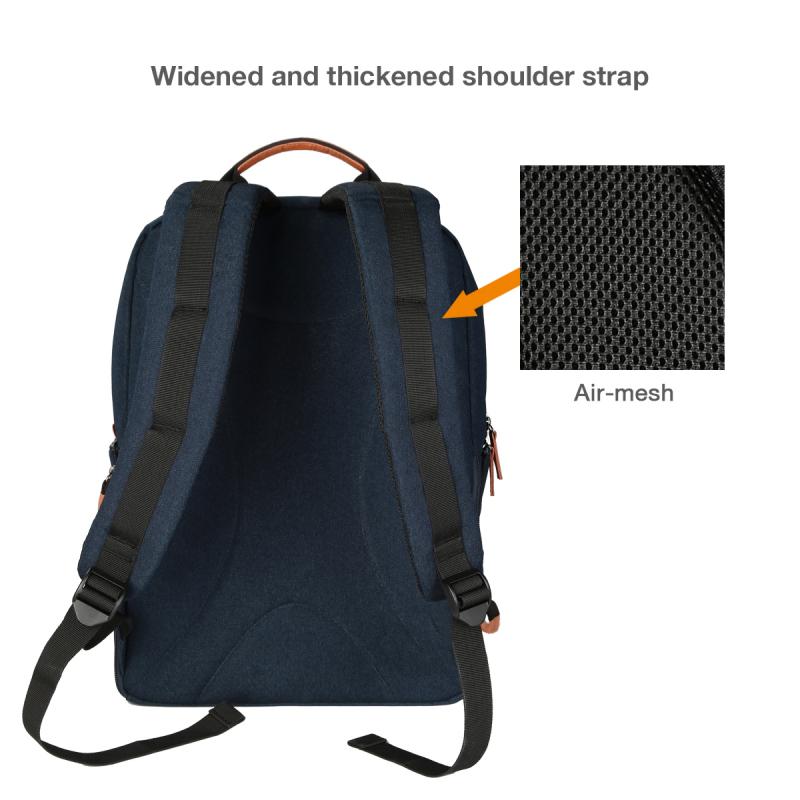
No matter where you decide to buy your camera lens, there are a few universal principles to ensure you make a smart, informed purchase:
- Know Your Requirements: Always match the lens type (e.g., telephoto, prime, wide-angle) to the kinds of photography you do.
- Check Compatibility: Ensure the lens is compatible with your specific camera model.
- Look at Return Policies and Warranties: Prioritize retailers who offer hassle-free returns and comprehensive warranties.
- Read Reviews: Take advantage of customer reviews on platforms like Amazon or forums like DPReview to understand real-world performance.
- Timing Matters: Look for annual sales events like Black Friday, Cyber Monday, or brand-specific promotions to get the best deals.
---
Whether you're a budding photographer or an experienced professional, buying the right camera lens at the right place can make a significant difference in your overall photography experience. Each purchasing option discussed above has its advantages and aligns with different needs, from reliability and tactile testing to budget-consciousness and convenience.
For those who value reliability, official brand stores and physical retailers are excellent choices. On the other hand, budget-savvy photographers and seasoned professionals may prefer the convenience and savings offered by online retailers, secondhand markets, or local camera clubs.
Ultimately, the decision boils down to your individual preferences, budget, and the amount of research you’re willing to undertake. By evaluating your options carefully, you’ll be well-equipped to find the perfect camera lens that perfectly complements your artistic vision.


